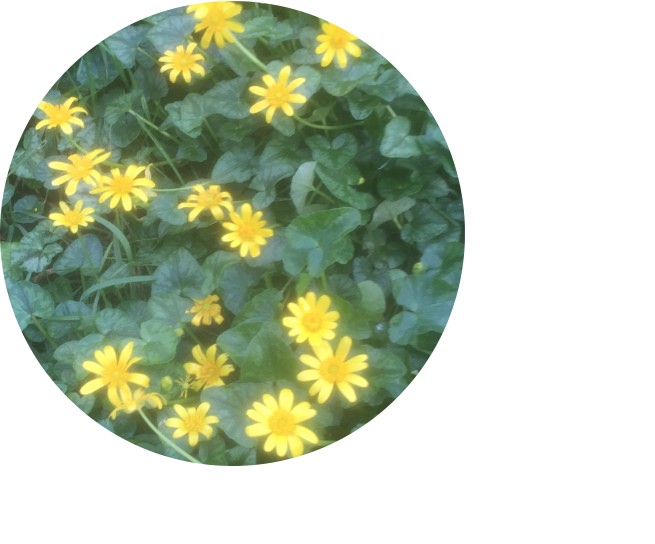I was recently reminded about Educating Rita, a play and film which present education as a journey of self-discovery.
Watching the film anew, I got to where OU student Rita (Julie Walters) gatecrashes alcoholic lecturer Frank (Michael Caine's) seminar on tragedy, because she's just seen a performance of Macbeth, and has been blown away by it.
The literary sense of tragedy, Frank explains, is a great person brought down by a character defect, not just the popular meaning.
Rita's response is something like, "I don't understand all that. It's just such a great story!"
At this point Macbeth jumped in. I forgot about all educating Rita and straightaway watched a couple of film versions of the Scottish play.
The first was the 1978 version with Ian McKellen and Judi Dench. There have been many films of the play but this may have set a gold standard.
The second was from 2010, with Patrick Stewart and Kate Fleetwood. I'd never seen this version before but found it astonishing and compelling. It's set, not in medieval Scotland, but in some 20-centrury totalitarian country, a sort of Stalin's Scottish Soviet Union. Sometimes new settings for plays don't work, but this one succeeds brilliantly.
Macbeth is a somber play, and Macbeth's last soliloquy unrivaled in its bleak despair. I decided I would learn by heart it, though, to add it to the few bits of Shakespeare I know. Here's my test, do I have it right?
Tomorrow, and tomorrow, and tomorrow.
Creeps in this petty pace from day to day.
Until the last syllable of recorded time.
And all our yesterdays
Light fools the dusty way to death.
Out, out brief candle!
Life's but a walking shadow, a poor player,
That struts and frets his hour upon the stage.
And then is heard no more.
A tale, told by an idiot,
Full of sound and fury.
Signifying nothing.
On YouTube you can find an interesting clip in which Ian McKellen analyses this soliloquy, from the point of view of the actor. The audience should hear it as though for the first time. There is also a clip in which Patrick Stewart explains how Ian McKellen advised him that... it's "Tomorrow AND tomorrow AND tomorrow" — the tragic sense of time.
I think Patrick Stewart captures it well.
Frank, Rita and Shakespeare each had their own idea of tragedy. One of its classical qualities is that the downfallen character come to a realization, something learned, and this is perhaps Macbeth's education. It is a pessimistic vision, but I find it noble that human beings can stare eternity in the face.

